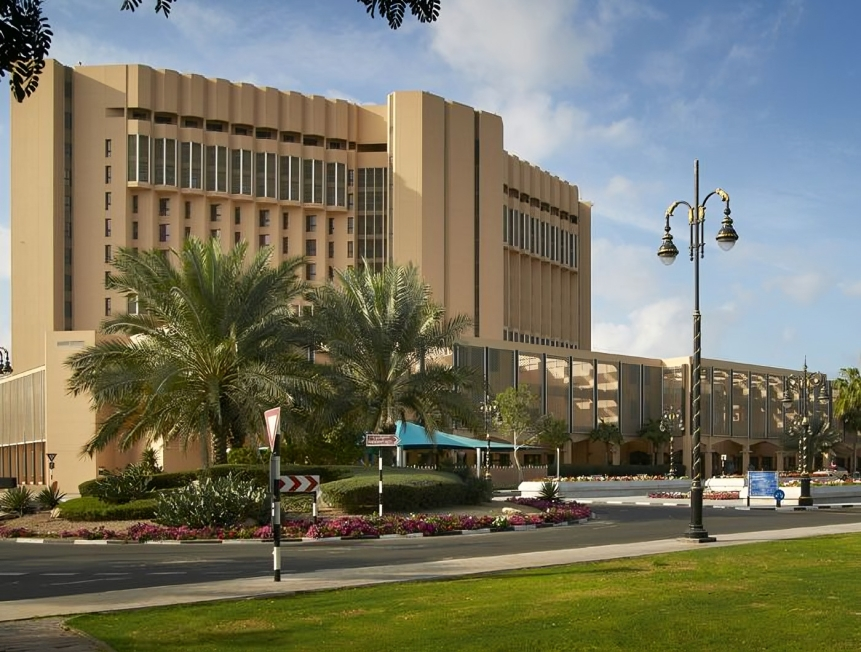DUBAI: The introduction of compulsory medical insurance for residents in the northern emirates is set to bring substantial benefits to Dubai’s healthcare sector. Starting from January 1, 2025, the newly insured residents in areas such as Sharjah and Ras Al Khaimah will significantly increase the demand for medical services, which is expected to directly affect healthcare facilities in Dubai. Hospitals and clinics in Dubai are anticipated to experience a surge in consultations, as residents from the northern emirates look to access well-equipped medical facilities in the city. This trend mirrors the experiences seen when similar insurance schemes were introduced in Abu Dhabi and Dubai in previous years.
With the expected increase in healthcare demand, Dubai’s medical providers will be positioned to accommodate patients from these regions, but challenges may arise due to the limited capacity of existing healthcare facilities in the northern emirates. Many new hospitals and clinics are still in development, with some expected to take three to four years before completion. In the meantime, Dubai’s well-established healthcare institutions will likely bear the brunt of the increased demand. This will drive more residents to seek medical attention in Dubai, particularly if their insurance policies allow for coverage across emirates, as is the case with many plans.
Additionally, the introduction of universal healthcare insurance across the UAE will encourage a more competitive environment in the northern emirates’ healthcare sector. As residents who previously depended on government-run institutions now have the option to choose from private providers, the region is expected to see investments in new healthcare infrastructure. The lower cost of basic medical insurance in the northern emirates compared to Dubai and Abu Dhabi could further incentivize residents to seek treatment in Dubai, where healthcare services are often seen as superior. This dynamic could provide a temporary relief for Dubai’s healthcare system while encouraging further investments in the sector.
The broader healthcare landscape in the UAE will also benefit from this expansion in insurance coverage. As the insurance mandate drives growth in the private healthcare sector, new opportunities for investment and development will emerge. Healthcare providers in Dubai will see increased revenues from the influx of patients, while the northern emirates will likely see a gradual improvement in healthcare access. Ultimately, this policy is expected to enhance the overall healthcare ecosystem in the UAE by attracting more private sector participation, improving access, and fostering competition among providers.



